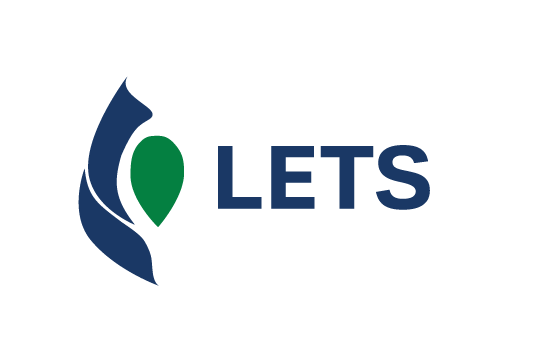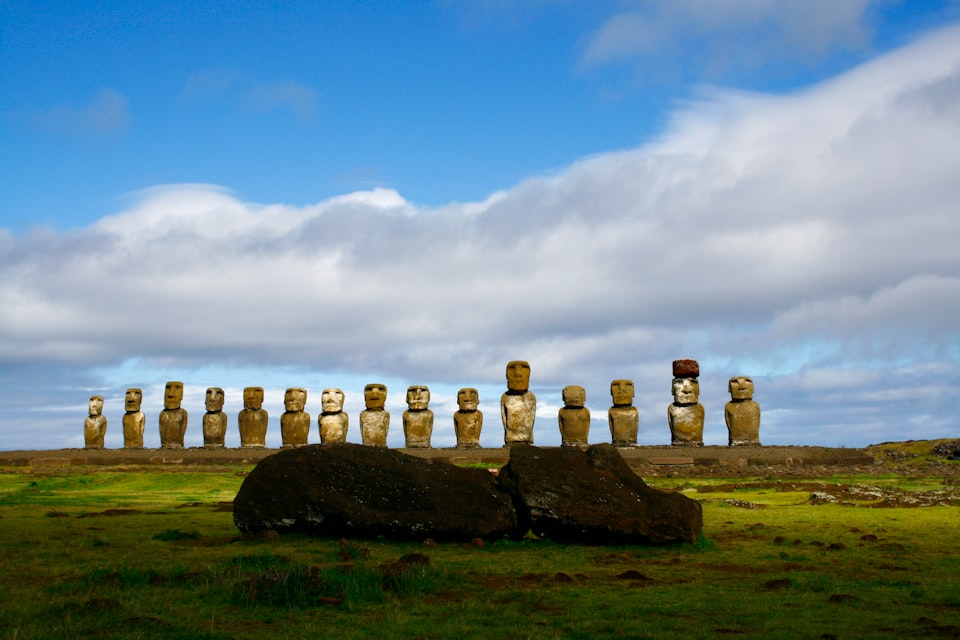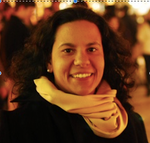Easter Island, or Rapa Nui in native Idoma, is an island of Chilean territory that lies in the Pacific Ocean. The "navel of the Earth" is the meaning of his name. It has volcanoes, beaches, plains and an unparalleled archaeological heritage. Its more than 900 moai, giant human figures carved in stones, are iconic and live side by side with its approximately 7 thousand inhabitants in this UNESCO site.
The island has been closed to visitors since the beginning of the pandemic and, recently, in August 2022, it reopened for tourism. This decision was made by the island's leaders and went through a popular vote in 2021. The population decided to keep it closed to tourism because they understood their vulnerabilities and risks during the COVID-19 pandemic.
Visitation resumed a few days ago, at the beginning of August 2022. The arrival of flights, with reduced frequency, has been in the news in several media ( El País , UOL , Reuters , Buenos Aires Times , among others).
Tourism was the main generator of local income, with 3/4 of the population living off its revenues. Previously visited by more than 160,000 tourists a year, the beautiful report by El País It shows testimonies that the ancestral language was being lost in favor of English, "more useful" for tourism. That the dances and cultural manifestations were for the tourist, and no longer genuinely expressed that people. That the inhabitants now have little time to rest to meet the tourist demand. That the identity of that people was being shaped by tourism. Examples of concepts we study in books, such as cultural appropriation, gentrification, and others.
The mayor, Pedro Edmunds, analyzes that there was a blindness in the face of the high volume of tourism that the island started to receive.
In the face of the pandemic, tourism stopped. The news has shown that the island had to reinvent itself and there was a decision to postpone the return of visitation until 80% of the population was vaccinated. There were few cases of COVID-19 and there were no deaths from the disease.
During the more than 800 days of isolation, residents who lived from tourism began to dedicate themselves to agriculture, supported by a seed distribution program and a network of exchanges of the items produced. The mayor of the Island speaks of the resumption of an ancestral value of solidarity between them. There are testimonies of the return of a time when that space belonged to its residents, and there is talk of more measures to protect heritage and nature will be taken in that fragile ecosystem.
There is talk of a tourist who will be welcome, but with new rules and in smaller numbers. The 10 weekly flights of lines, added to charter flights and cruises, will now give way to 2 flights per week. There are expectations of a new balance between the needs of the resident and the visitor, after this time in which tourism stopped and they were able to survive.
So, what can the resumption of tourism in the most isolated portion of land inhabited by humans on Earth (Chile Travel, 2022) teach us at this time?
- that tourism should respect the decisions of those residents, who must have a voice and possibilities of decision (exactly what is at the heart of community-based tourism - TBC)
- that is dangerous foster a structure in which tourism becomes a monoculture . Just as they say in agriculture, it is an impoverishment to live by planting only one species. With tourism, there is a parallel. It must be integrated into a balanced and diverse productive structure in which other activities of the life of that community take place
- that the Limits healthy Needed To ensure the tourism we want: Just and that walks in favor of the sustainability , integrating socioeconomic and environmental aspects of that reality


